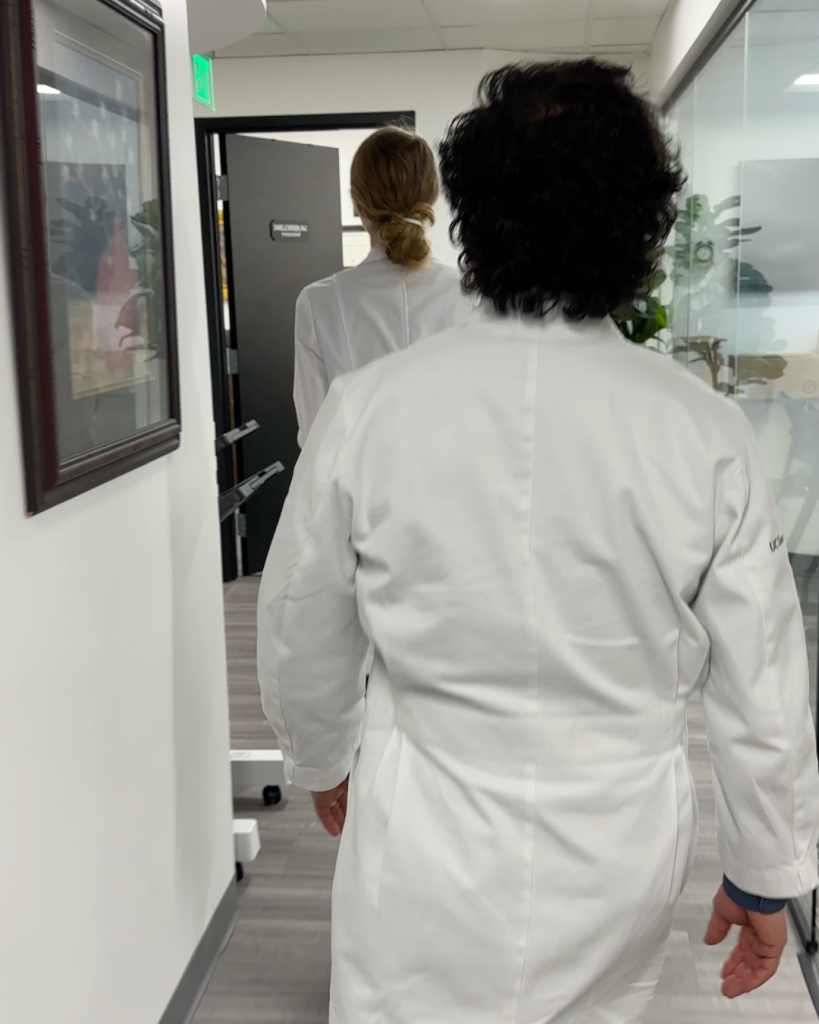
As a patient, you deserve to feel informed and empowered before moving forward with surgery. The best way to do that? Ask your surgeon the right questions to fully understand your diagnosis, treatment options, and recovery plan. Here are 10 essential questions you should ask before spine surgery to help you feel informed and confident.
1. What exactly is causing my pain?
Before agreeing to surgery, make sure your surgeon explains your diagnosis in clear, simple terms. Is the pain from a herniated disc, spinal stenosis, instability, or another condition? Understanding the “why” behind your symptoms is the first step.
2. Are there non-surgical treatments I should try first?
Surgery is rarely the first option. Ask about physical therapy, medications, or injections and whether you’ve exhausted those options. A trustworthy surgeon will only recommend surgery when other treatments are no longer effective.
3. What type of surgery are you recommending and why?
Different spine problems call for different solutions. From cervical disc replacement to minimally invasive fusion to laser endoscopic surgery, there are multiple approaches. Ask why your surgeon believes this specific procedure is best for your condition.
4. What are the benefits of minimally invasive techniques?
Today’s advanced procedures like LESS (Laser Endoscopic Spine Surgery) or MIS TLIF can mean smaller incisions, less muscle disruption, shorter hospital stays, and faster recovery. Be sure to ask if you’re a candidate for minimally invasive surgery.
5. What are the risks or possible complications?
Every surgery has risks, such as infection, bleeding, or nerve injury. While complications are rare, you deserve to know what they are and how your surgeon minimizes them.
6. What is the recovery process like?
Ask how long you’ll be in the hospital, when you can return to daily activities, and what kind of physical therapy or home exercises you’ll need. For many of our patients, walking begins the same day as surgery, but timelines vary depending on the procedure.
7. How much pain should I expect after surgery?
Surgery aims to reduce pain, but some post-op discomfort is normal. Ask what pain management strategies your surgeon will provide and how long it typically takes for patients to feel relief.
8. What are the chances I’ll need another surgery in the future?
Procedures like disc replacement preserve motion and may reduce the risk of problems at nearby levels, while fusions provide stability but may increase long-term stress on adjacent discs. Understanding your long-term outlook is important.
9. How many times have you performed this surgery?
Experience matters. A board-certified, fellowship-trained spine surgeon with years of specialized expertise can offer peace of mind that you’re in skilled hands.
10. What results can I realistically expect?
Surgery can significantly improve pain and quality of life, but it isn’t a “magic fix.” A good surgeon will set realistic expectations about pain relief, mobility, and recovery time.
Your Next Step
Spine surgery isn’t a decision you should make alone. By asking the right questions, you’ll gain the clarity and confidence you need to move forward with the treatment that’s best for you.
Not sure if surgery is right for you? Send us your MRI for a Free Review—We will help you understand your options and whether minimally invasive spine surgery or non-operative treatment could be the solution you’ve been searching for.
